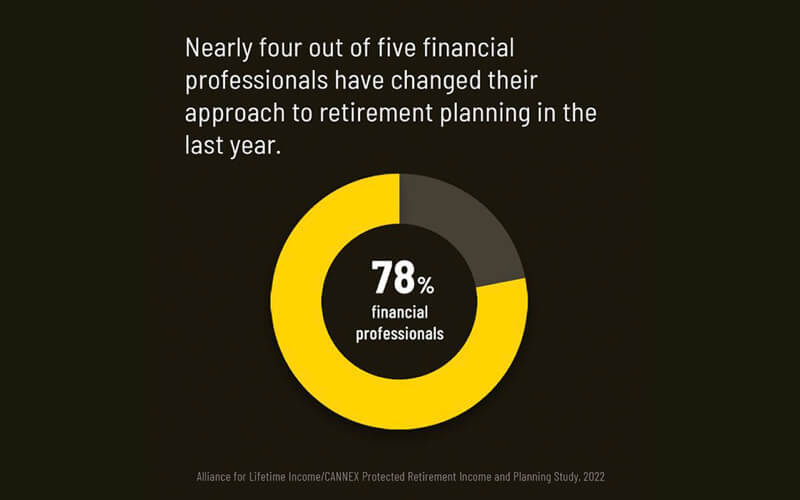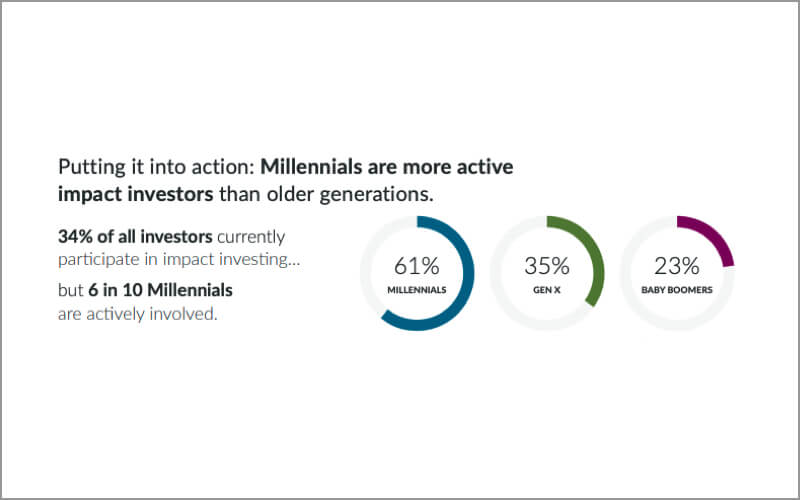Our recent ebook from our Motivation Assessment Program™ (MAP) work, Americans and Their Money, describes the impact of financial anxiety on Americans. One reasonable assumption is that the accumulation of financial assets can reduce financial anxiety. We decided to examine that by looking separately at Americans who have at least half a million dollars ($500,000+) in investable assets to see the extent to which the broad anxiety we observe applies.
The findings we highlight here focus on financial anxiety, its triggers, and how affluent Americans differ from the general population of Americans. These findings may lead to strategies to help Americans of all financial standing reduce financial anxiety.
[hr]
Financial anxiety is present, but less of an issue for affluent Americans. Those with $500k or more in assets express much less anxiety, are more satisfied, and report feeling more confident and in control compared to the general population of Americans. Some data to illustrate:
- While three in ten (31%) Americans report feeling highly anxious about their financial situation, only one in ten (12%) of those with $500k or more feel this way.
- Half of Americans (51%) are satisfied with their current financial situation, compared to eight in ten (80%) of affluent Americans.
- Among those with $500k ore more in assets, six in ten (60%) feel highly confident and in control (60%) of their current financial situation, while fewer Americans report feeling confident (37%) and in control (38%).
For affluent Americans, triggers of financial anxiety are less about personal finances and more about the external environment. Our study shows that concerns about finances can take a powerful emotional and physical toll, often triggered by challenging personal circumstances. Those with $500k or more in assets also experience some anxiety, but the triggers for that financial anxiety are different from those that affect the general population of Americans.
Among those with $500K or more in assets anxiety is less often triggered by their personal financial situations, but they are more impacted by what’s happening in the world around them — particularly those external factors that influence the economy and investment market.

Among those with $500k or more:
- For nearly 7 in 10 (67%) concerns about the health of the economy are anxiety triggers, compared to half (48%) of Americans.
- Similarly, market fluctuations trigger anxiety for over half of affluent Americans (57%) but only a quarter of Americans in general (26%).
- Though not the top anxiety trigger, personal health is the one area where greater financial well being does not necessarily relieve personal financial anxiety, with relatively similar portions (27% of affluent Americans vs. 32% of the population) rating this an anxiety trigger.
Similar goals. One important guide to people’s behaviors is to gain a sense of the financial goals they’re working toward and which cause the greatest financial anxiety. In our MAP study we found people working on a range of financial goals, with a sharp dividing line between those focused more heavily on protecting what they have as opposed to those who are concentrating more on stabilizing their financial situation. The former group is far less anxious and more financially secure than the latter. Interestingly, when we looked at those with $500k or more in assets we were surprised to see that their top financial goals are quite similar to those of the rest of the population. Even among those who are more affluent there are some who are struggling more, concentrating more on achieving stability than on protecting what they have.
Engagement in financial activities. The big difference between those who are affluent and other Americans is in the number and focus of specific actions they are taking to manage whatever financial goals they strive for.
Many of the ways affluent Americans expect to reach their financial goals involve the obvious — increasing their knowledge, spending less, and saving more — but they do these things more than most Americans.
We would expect affluent Americans to be saving more — it’s how they got there — and also turning more frequently to professionals for advice. They do. And because they have money to invest, they spend more time on that activity, and on others that reduce financial anxiety.
What’s noteworthy is that affluent Americans also more often report that they are actively increasing their financial knowledge, managing spending and debt, and saving specifically for retirement. For example, 72% of affluent Americans are saving specifically for retirement vs. only 41% of all Americans.
More broadly, those with $500k or more are also doing more monitoring of their own financial accounts and they are much more likely to be engaged with factors in the economy and markets that impact their financial situation. Around twice as many affluent Americans are taking the following actions relative to the total population: managing investments to both minimize losses and maximize returns, staying on top of investment and market trends, diversifying investments, and seeking professional financial advice. All of these actions tend to reduce financial anxiety.

In short, affluent Americans are more engaged in the financial aspects of their lives.
It’s probably not a big surprise that having money does reduce financial anxiety. But financial anxiety persists even among those who are objectively more financially comfortable; its focus is more broadly on the world around us, and the risk factors that can threaten the resources they are working to protect. The behavior of affluent Americans matches this uncertainty, with many with this status very actively engaged in taking the right kinds of financial actions.



